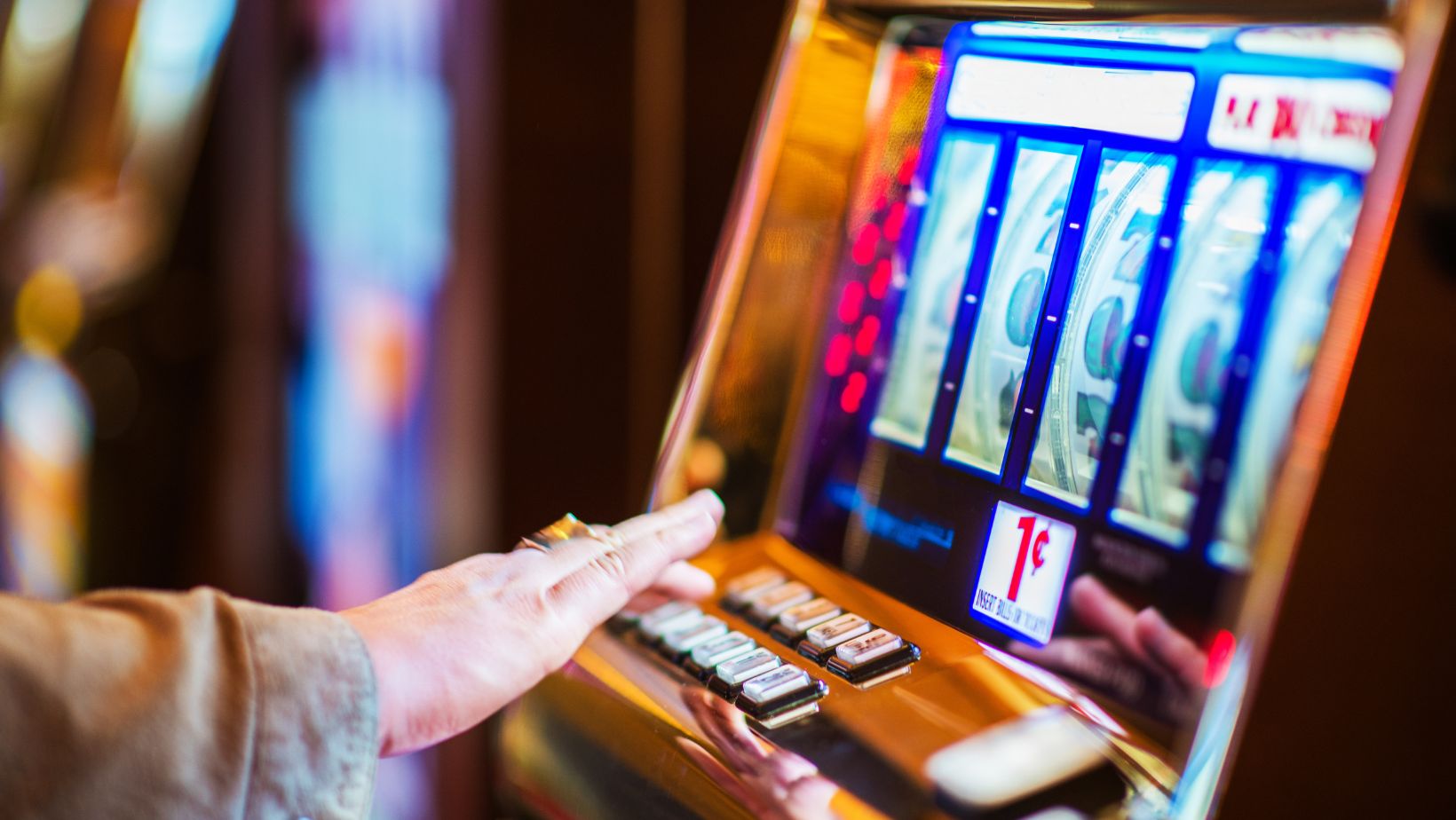In recent years, the gaming industry has witnessed a surge in the popularity of microtransactions, particularly in the form of loot boxes. Electronic Arts (EA), a prominent player in the gaming market, has often found itself at the center of controversy regarding its implementation of loot boxes in various games. The debate revolves around a crucial question: are EA loot boxes a form of gambling in disguise?
Understanding Loot Boxes
Loot boxes are virtual items that players can purchase or earn within a game. When opened, these boxes contain random in-game items, ranging from cosmetic enhancements to powerful weapons or characters. While the allure of acquiring rare and valuable items can be exciting, the element of chance in receiving these rewards has raised concerns about the resemblance of loot boxes to traditional forms of gambling.
Similarities to Gambling
The striking similarity between loot boxes and gambling lies in the unpredictability of outcomes. In both scenarios, participants invest money with the hope of securing a valuable prize, and the element of chance plays a significant role.

The unpredictable nature of loot box contents closely mirrors the thrill of a slot machine or a roulette wheel, where players eagerly await the results of their bets. EA’s
Controversial Track Record
EA has faced criticism for its implementation of loot boxes in popular games like FIFA and Star Wars Battlefront II. In these titles, players can spend real money to acquire loot boxes, raising concerns about the potential exploitation of vulnerable individuals, particularly younger players who may not fully comprehend the financial implications of such transactions. Many concerned parents and individuals have gone as far as comparing certain EA titles to online casinos. Online casinos often rely on the excitement of chance to keep players engaged, and loot boxes seem to tap into the same psychological triggers to encourage repeated spending.
Legal Ambiguity
The legal classification of loot boxes is a complex and debated issue. Some argue that because players are guaranteed to receive some form of virtual item when purchasing a loot box, it does not qualify as gambling. Others contend that the randomness and real-world value associated with certain in-game items blur the lines between entertainment and gambling. Government bodies in various countries have started to scrutinize the issue.

Belgium and the Netherlands, for instance, have banned certain types of loot boxes, deeming them illegal gambling activities. These regulatory actions highlight the need for a closer examination of the ethical and legal implications surrounding loot boxes in the gaming industry.
Impact on Players
The impact of loot boxes on players, particularly vulnerable demographics, is a significant concern. The thrill of opening a loot box and the desire to obtain rare items can lead to compulsive spending behavior. This has prompted mental health professionals to draw parallels between loot box mechanics and the addictive nature of gambling. Players may find themselves caught in a cycle of spending real money to acquire virtual items, with the odds often stacked against them. The potential for financial harm and the negative impact on mental well-being raises questions about the ethical responsibility of game developers, especially when targeting a younger audience.
As the debate over whether EA loot boxes are a form of gambling in disguise continues, it is clear that the gaming industry needs to address the ethical and legal implications of these microtransactions. The inclusion of chance-based mechanics in games, coupled with the potential for financial harm, demands a thoughtful and responsible approach from game developers. Striking a balance between profit-driven business models and player well-being is crucial for the continued growth and sustainability of the gaming industry. As the discussion unfolds, it remains to be seen how regulatory bodies, game developers, and players themselves will shape the future of microtransactions in the gaming world.


